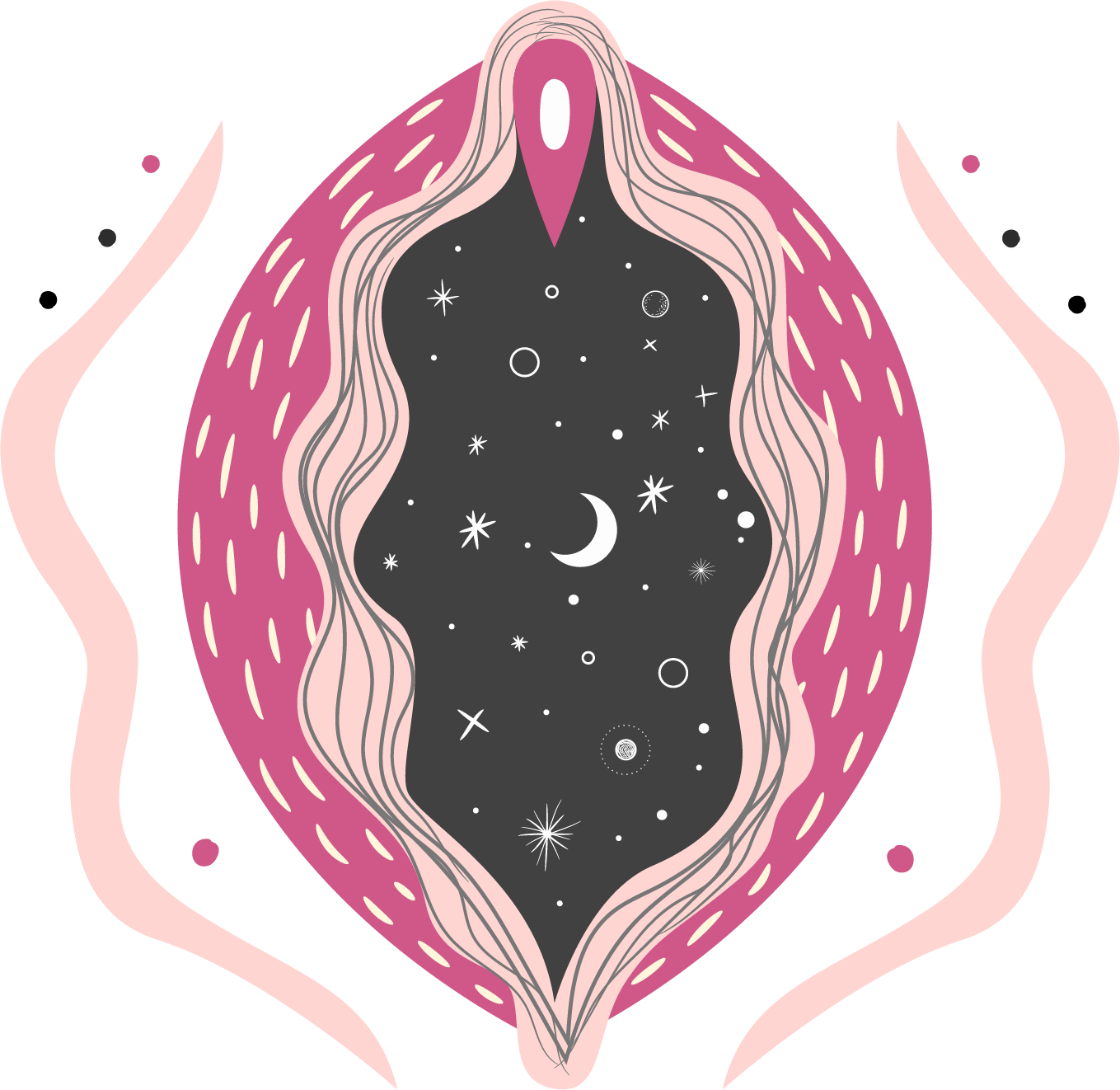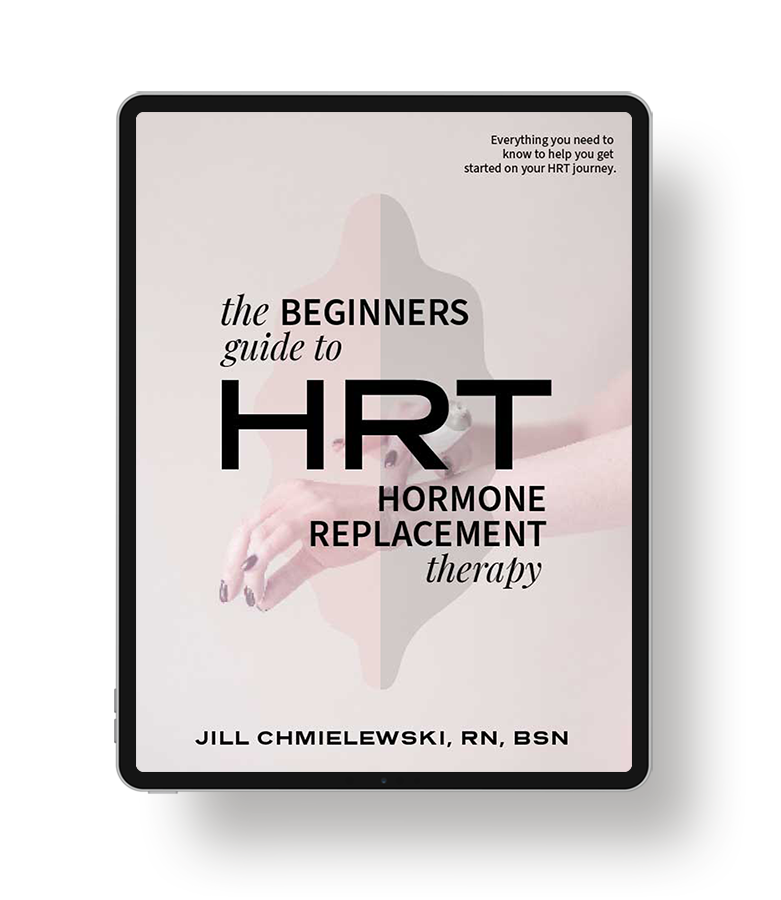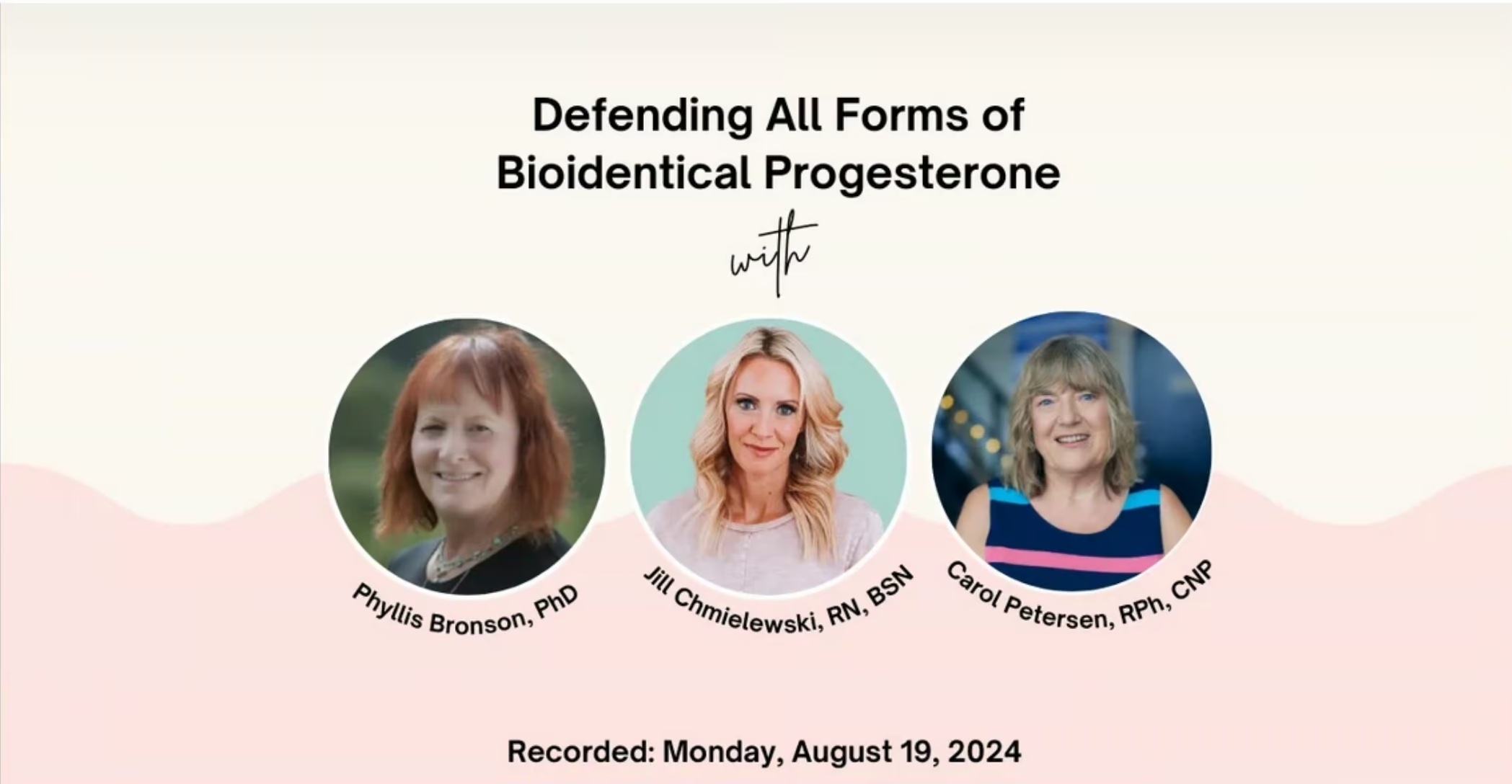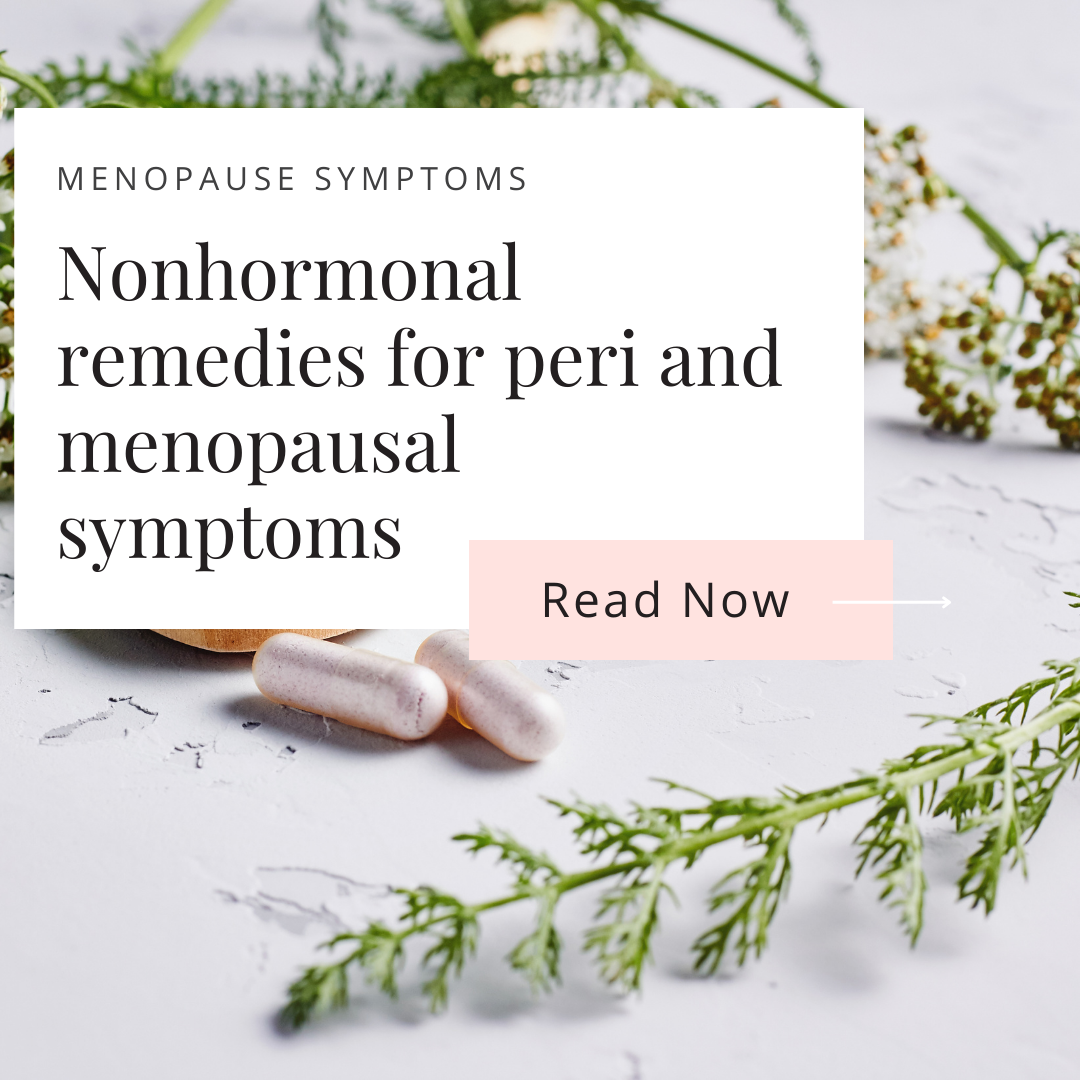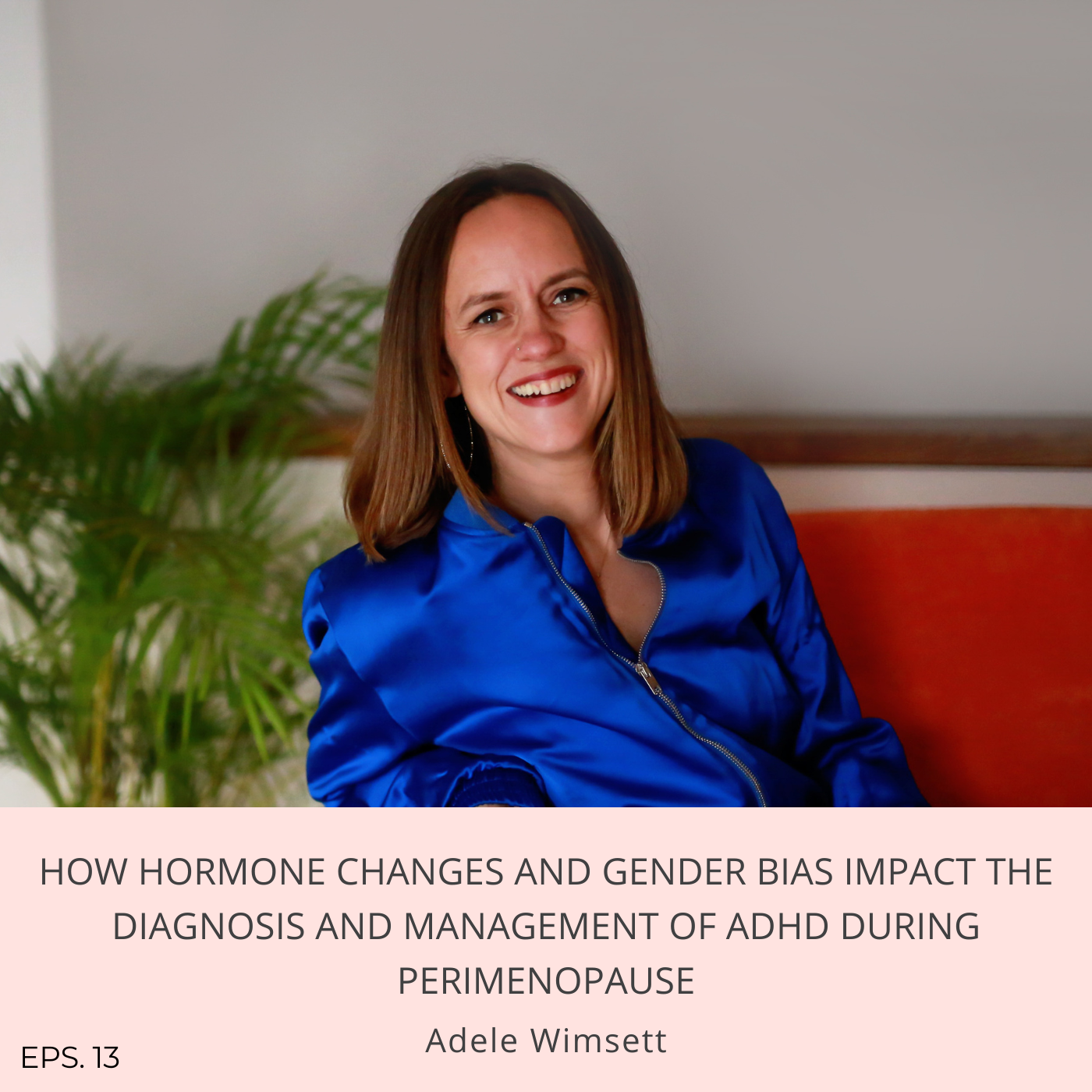I’ve been on a progesterone rant these past few weeks. To be specific, I’ve been on a mission to tell anyone who will listen that progestin is not the same thing as progesterone.
Doctors, drug companies, and even researchers seem to use these terms interchangeably. They are entirely different substances that DO NOT behave the same in the body, and I want to make sure that you understand the differences.
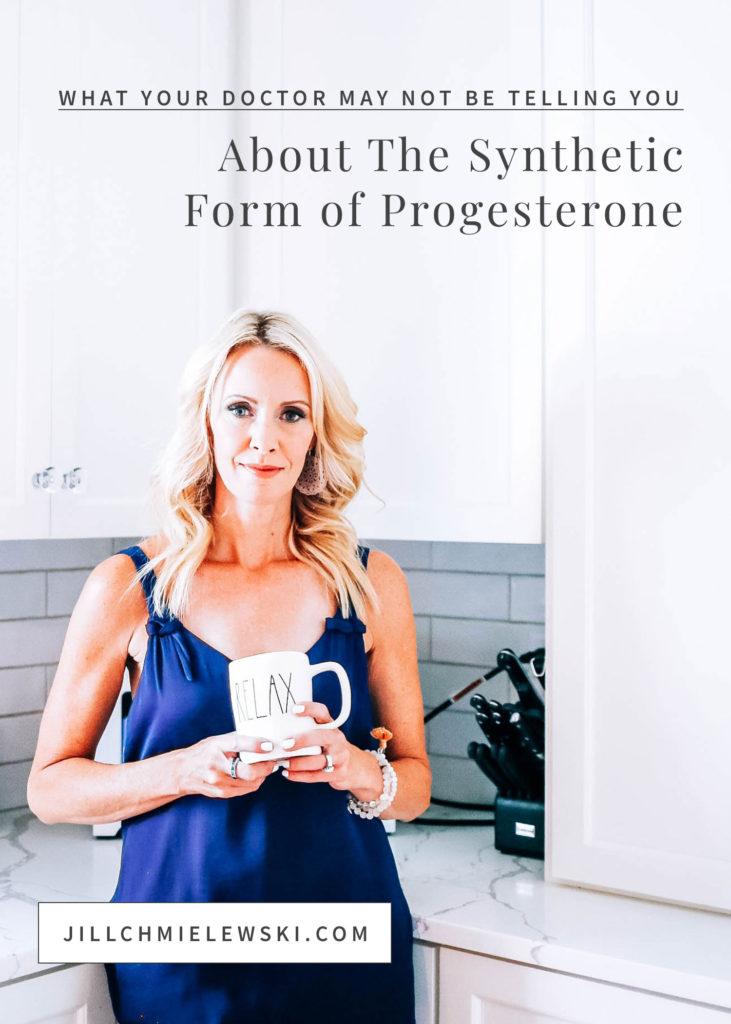
Progesterone is a hormone that your body produces. It does so following ovulation.
During a normal monthly cycle, a woman’s body produces follicles, which contain her eggs. When a mature follicle bursts open to release an egg (ovulation), the remaining follicle becomes the corpus luteum, which then releases progesterone.
If you are not ovulating each month (i.e., oral contraceptives prevent ovulation, you have irregular periods, or you are no longer menstruating), you will not make optimal levels of progesterone, which is needed to balance estrogen.
Progesterone is a kickass hormone that:
- Supports the health of your breasts
- Supports the health of your heart and blood vessels
- Supports the health of your bones
- Supports the health of your brain and nervous system
- Support the health of your skin
- Regulates mood
- Promotes a good night sleep
- Eases anxiety
- Is a natural diuretic
- Facilitates memory
- Helps you relax
Pretty awesome right?
Progestin, on the other hand, is a synthetic chemical that is NOT made in the body.
Progestins:
- Increase the risk of blood clots
- Can be androgenic (promote male-like characteristics like thinning hair, hair loss, acne, etc.)
- May cause anxiety and depression
- Can excite and stimulate the nervous system, causing sleep issues
- Promote fluid retention
- May increase the risk of breast cancer
- Are linked to migraine headaches
Can you see the differences?
The most commonly prescribed progestins are medroxyprogesterone acetate and levonorgestrel, but you will find progestin listed under several other names as well. Progestin is found in Provera, Prempro, the Depo Provera shot, birth control implants, oral contraceptives (i.e., the birth control pill or “the pill”) and the morning after pill.
Why would pharmaceutical companies make such a drug if it causes harm in the body?
The pharma industry generally shies away from natural substances because the law prohibits the patenting of any molecule that is present in the human body. Without an exclusive patent, the drug company cannot profit, so they have to come up with an alternative.
The bottom line is that progestins significantly differ from bio-identical progesterone molecularly and in how they behave physiologically, as you can see from the comparison lists above.
If your doctor recommends hormonal birth control or synthetic hormone replacement therapy that contains progestin, you might want to think again about the potential consequences of using a synthetic progestin before agreeing to its use.
The more educated you are, the better you will be able to care for your body through perimenopause and beyond!
References:
Rosensweet, M.D., David. Happy Healthy Hormones: How to Thrive in Menopause. Kindle Edition.
Reiss M.D, Uzzi. Natural Hormone Balance for Women: Look Younger, Feel Stronger, and Live Life with Exuberance (p. 110). Atria Books. Kindle Edition.
Lee, John R.. Dr. John Lee’s Hormone Balance Made Simple: The Essential How-to Guide to Symptoms, Dosage, Timing, and More. Grand Central Publishing. Kindle Edition.
https://www.ncbi.nlm.nih.gov/pubmed/12101105
https://www.ncbi.nlm.nih.gov/pubmed/12716318
https://www.ncbi.nlm.nih.gov/pmc/articles/PMC4960754/
https://www.larabriden.com/the-crucial-difference-between-progesterone-and-progestins/
